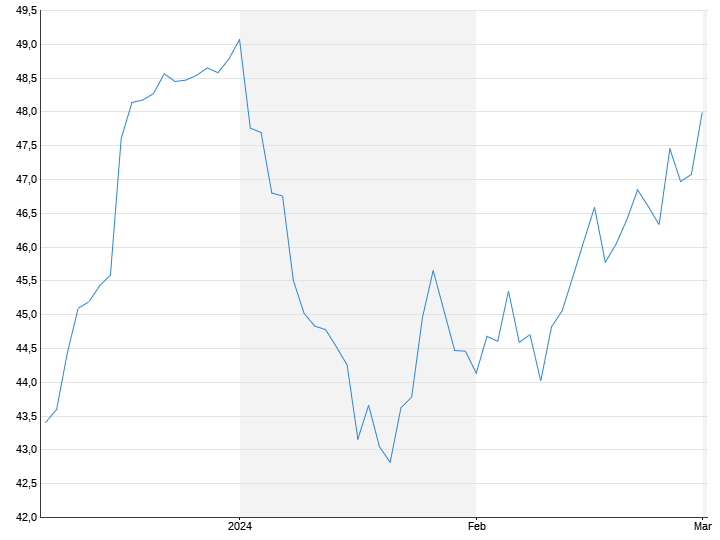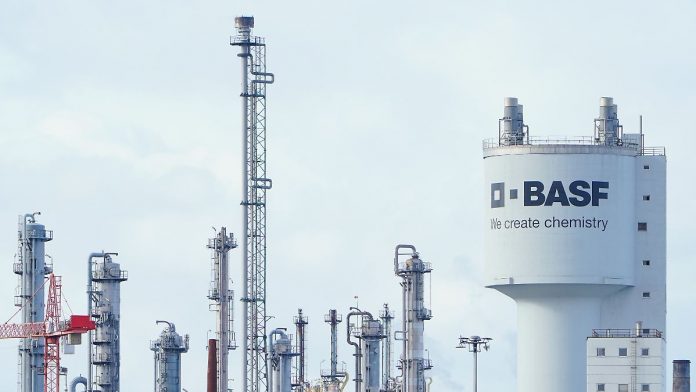Chemical giant in crisis
BASF has to save billions more and is cutting jobs
This audio version was artificially generated. More info | Send feedback
The chemical giant BASF is launching a savings program as early as 2022. Two years later it becomes clear: that is not enough. The people of Ludwigshafen have to save billions more euros. “Unfortunately, this will also involve further job cuts,” said CEO Brudermüller. There is still a dividend for the shareholders.
The chemical company BASF is launching another savings program due to weak demand in Europe. The DAX group announced that additional costs of one billion euros will be saved annually at the Ludwigshafen site by 2026. Fixed costs should be reduced by increasing efficiency and production capacities should be adjusted to market requirements.


“Unfortunately, the program will also entail further job cuts,” said company boss Martin Brudermüller. Details are currently being worked out and employee representatives will be closely involved in the further process.
The BASF management had already announced an austerity program in 2022 due to worsening business and more difficult conditions in Europe, especially due to sharp increases in gas prices. This is intended to reduce annual costs by a total of 1.1 billion euros by the end of 2026. There are also further measures with which BASF wants to reduce annual costs by 500 million euros from the end of 2026. The measures already include the reduction of jobs and the closure of several chemical plants.
Shareholders can still expect a dividend
The energy-intensive chemical industry suffers from the comparatively high energy prices in Germany – BASF, as the largest industrial gas consumer in this country, feels this like no other company. According to the IFO Institute, the demand situation in the chemical industry continued to deteriorate in January, and hopes for more orders from abroad were largely dashed.
The Management Board's outlook for this year is rather cautious: the weakness of the global economic dynamic is likely to continue, and growth is only expected to strengthen somewhat as the year progresses. BASF is targeting earnings before interest, taxes, depreciation and amortization (Ebitda) and special items of between 8 billion and 8.6 billion euros. As already known, in 2023 the result fell by almost 29 percent to almost 7.7 billion euros.
Despite declining figures in the past year – BASF had already announced the key figures in mid-January because they were well below market expectations – shareholders should receive a stable dividend of 3.40 euros for 2023.


